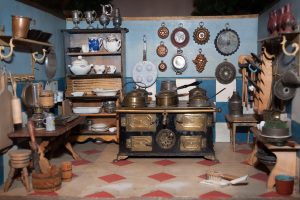Have you ever wondered which appliance reigns supreme between the Instant Pot and the Convection Oven? With so many options available in the kitchen gadget market, it’s easy to be overwhelmed by choices. To help you make an informed decision, we’ll dissect the features, benefits, and drawbacks of both appliances. Our goal is to provide you with all the information you need to determine which fits best in your culinary space.
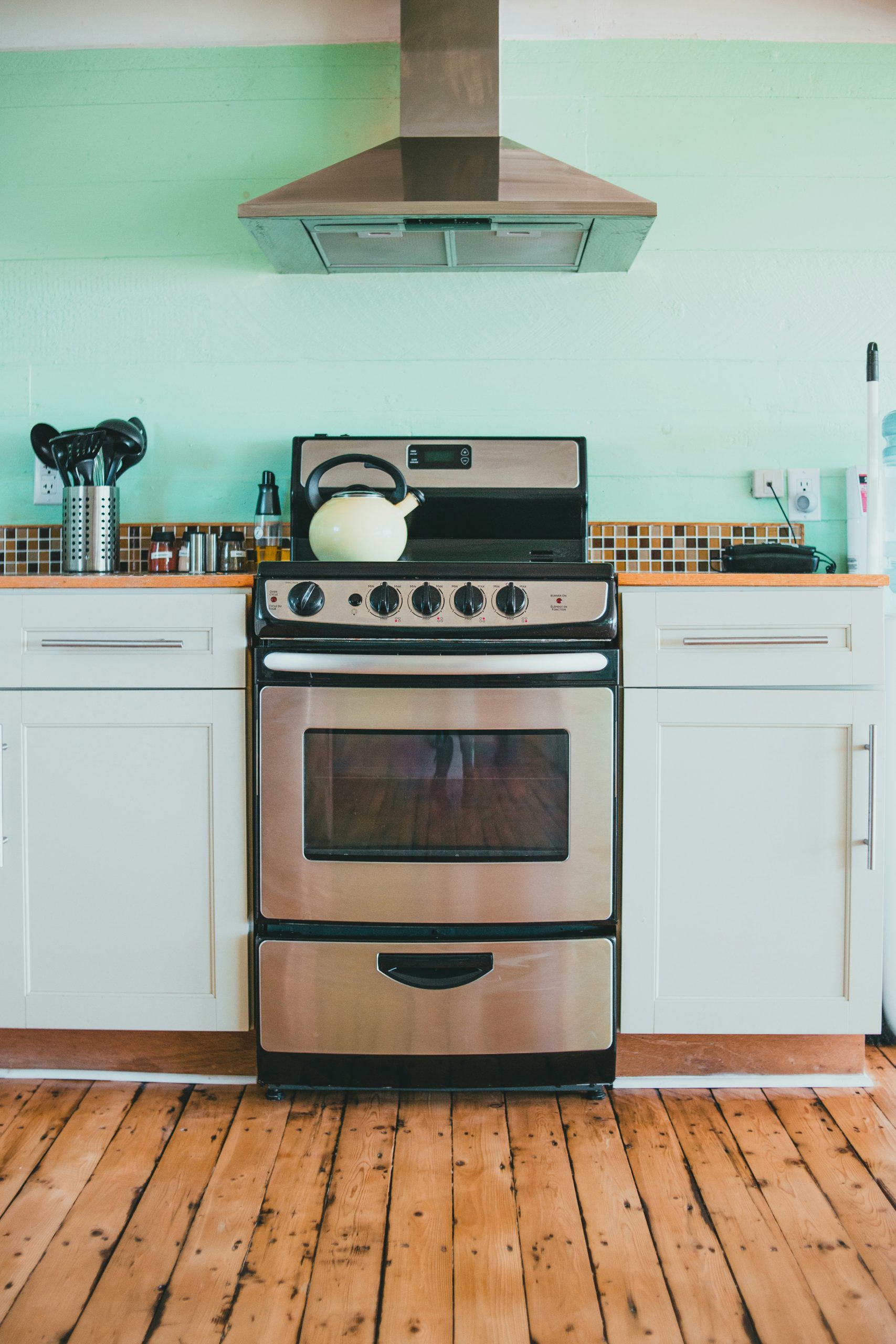
Understanding the Basics
What Is an Instant Pot?
An Instant Pot is a multi-functional electric pressure cooker that has taken modern kitchens by storm. It’s known for its versatility, allowing us to cook a variety of dishes quickly. Aside from pressure cooking, it can also function as a slow cooker, rice cooker, steamer, sauté pan, and even a yogurt maker.
What Is a Convection Oven?
A Convection Oven, on the other hand, is an advanced version of a traditional oven. It has a built-in fan that circulates hot air around the food, ensuring even cooking. This feature generally results in faster cooking times and more consistent results.
Main Differences
Understanding the fundamental differences between an Instant Pot and a Convection Oven is essential. They may serve similar purposes but achieve their results in different ways.
Cooking Method
| Feature | Instant Pot | Convection Oven |
|---|---|---|
| Main Cooking Method | Pressure Cooking | Hot Air Circulation |
| Other Functions | Slow Cooker, Steamer, Sauté, Rice Cooker, Yogurt Maker | Broiling, Baking, Roasting |
Instant Pot uses pressure to cook food quickly, maintaining moisture and increasing flavors. The convection oven circulates hot air, ensuring even cooking.
Cooking Efficiency and Time
Speed and Convenience
Instant Pots are incredibly efficient; they can decrease cooking times by up to 70%. For example, a pot roast that takes several hours in a conventional oven can be completed in less than an hour. This makes it ideal for busy families and individuals who want to prepare home-cooked meals without spending much time.
Convection Ovens also cut down on cooking times but to a lesser extent. They are particularly good for baking and roasting, as the circulating air ensures that food cooks evenly. However, unlike the Instant Pot, most convection ovens do not double as multiple types of cooking appliances.
Energy Consumption
| Criteria | Instant Pot | Convection Oven |
|---|---|---|
| Energy Efficiency | Highly efficient | Moderately efficient |
We know that the Instant Pot is energy-efficient because it cooks food faster. Less cooking time translates to less energy used. Convection Ovens use more energy as they need to maintain consistent temperatures for longer periods.
Versatility and Functions
Multi-Functionality
When it comes to versatility, the Instant Pot often takes the crown. Here’s a breakdown of what each can do:
| Appliance | Functions |
|---|---|
| Instant Pot | Pressure Cooking, Slow Cooking, Rice Cooking, Sautéing, Steaming, Yogurt Making |
| Convection Oven | Baking, Roasting, Broiling, Dehydrating |
The Instant Pot serves multiple roles in one compact unit, making it a versatile tool. Meanwhile, a Convection Oven is specialized for tasks traditionally associated with an oven but does them quicker and more uniformly.
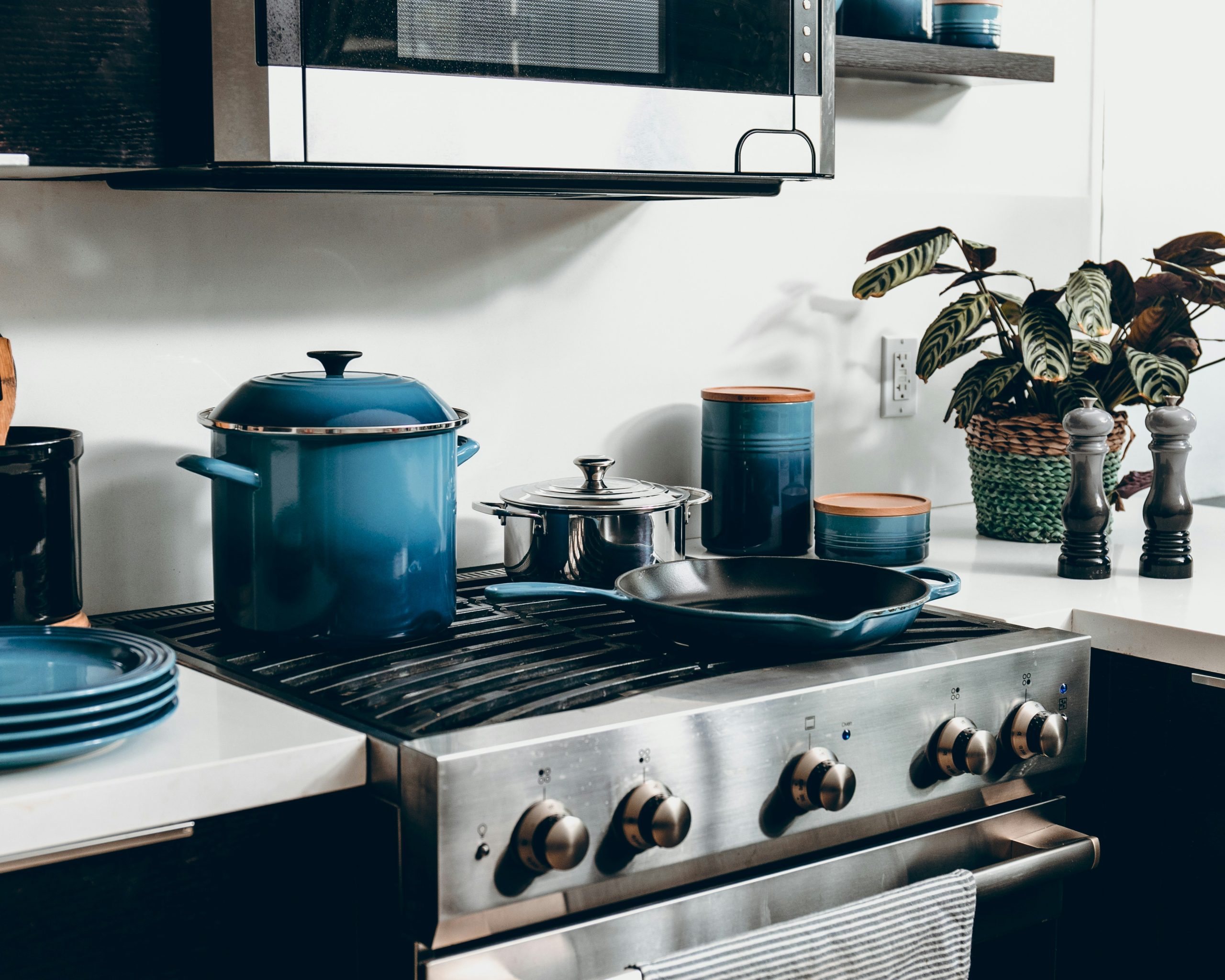
Culinary Flexibility
Meal Variety
The Instant Pot is known for its ability to prepare an assortment of meals, ranging from soups and stews to yogurt and cheesecake. It’s a boon for those who like to experiment with different cuisines.
Convection Ovens are exceptional for foods that benefit from dry heat. Think baked goods, roasted vegetables, and meats. They are less versatile compared to instant pots but excel in what they are designed to do.
Ease of Use
User Experience
Both appliances aim to simplify our cooking experience, though each has its own learning curve.
Instant Pot
- Pros: Comes with preset cooking programs, making it easier for novice cooks.
- Cons: The numerous settings and buttons can be initially overwhelming.
Convection Oven
- Pros: Familiar interface for those accustomed to traditional ovens.
- Cons: Requires more manual operation and adjustments, such as rotating the food for even cooking.
Cleaning and Maintenance
Instant Pot
Many parts of the Instant Pot are dishwasher-safe, making cleanup straightforward. The stainless steel inner pot is durable and easier to clean compared to non-stick surfaces.
Convection Oven
Cleaning a convection oven can be more involved. Some models come with self-cleaning features, but manual scrubbing is often necessary for stubborn stains and food residue.

Cost and Investment
Upfront Costs
| Appliance | Price Range |
|---|---|
| Instant Pot | $60 – $150 |
| Convection Oven | $100 – $300 |
Instant Pots are generally more affordable initially. Convection Ovens tend to be pricier, especially if you opt for advanced models with additional features.
Long-term Costs
Instant Pot
Due to its energy efficiency and durability, the Instant Pot incurs lower long-term costs. The accessories and potential replacement parts are also fairly inexpensive.
Convection Oven
While not a significant drain, convection ovens tend to use more energy over time. The cost of maintaining and eventually replacing these appliances is higher compared to the Instant Pot.
Health and Nutrition
Nutritional Quality
The way food is cooked can significantly affect its nutritional value.
Instant Pot
The pressure cooking method helps retain nutrients. The sealed environment means less vitamin and mineral loss, as food cooks in its juices.
Convection Oven
Convection cooking is better at reducing fat content, especially when roasting and broiling. However, some nutrients can be lost due to extended cooking times and exposure to air.
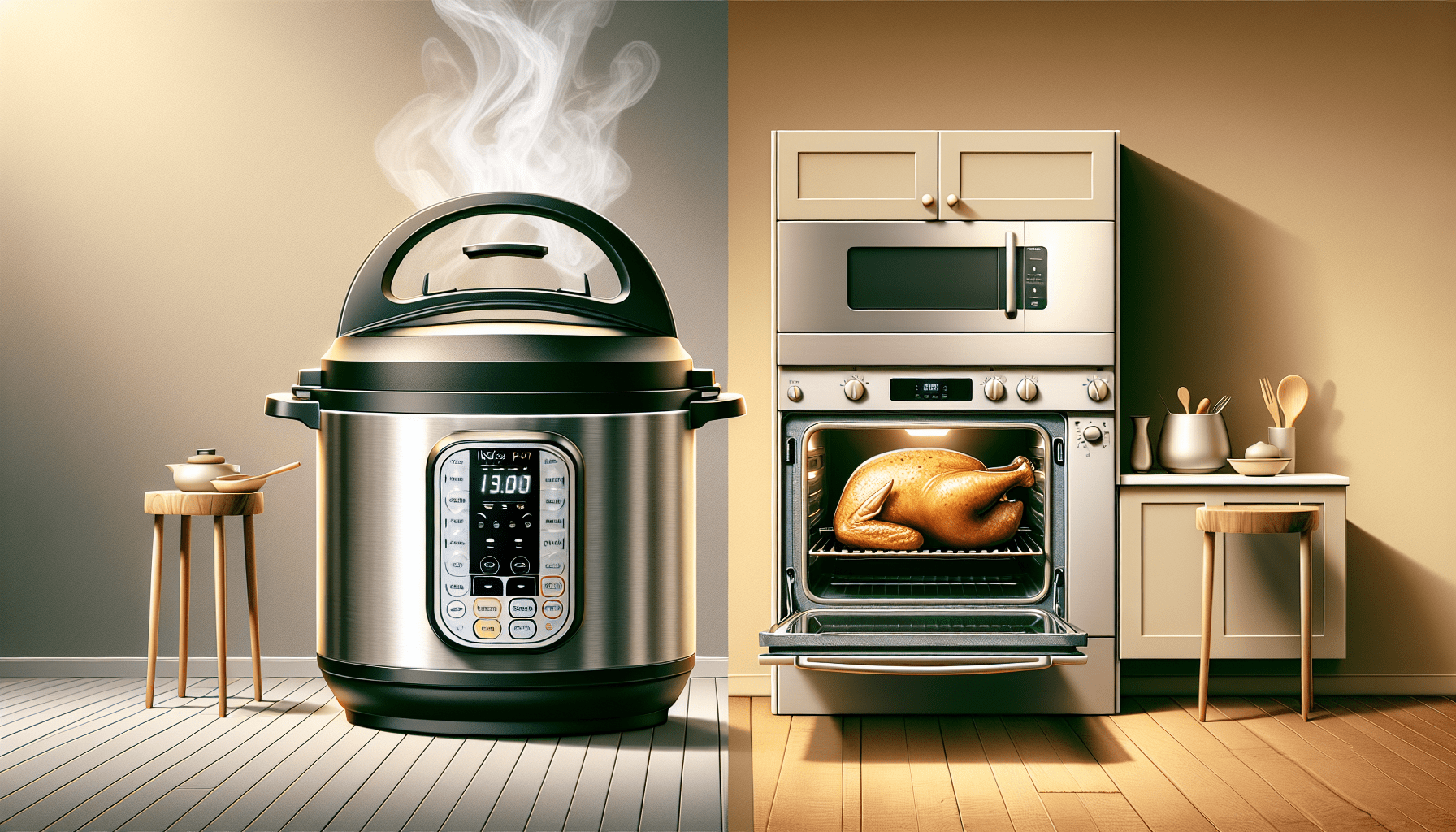
Food Quality and Taste
Flavor Retention
For those particular about taste and flavor profiles, it’s vital to consider how each appliance affects food.
Instant Pot
Due to the sealed cooking environment, flavors are more intense. Meals often come out tender and flavorful, akin to slow-cooked dishes.
Convection Oven
The circulating hot air can create crispy textures and caramelization, appealing to those who enjoy roasted and baked goods. However, it may not retain as much moisture and flavor as pressure cooking.
Safety Features
Instant Pot Safety
Instant Pots come with multiple built-in safety features, including automatic pressure control, lid lock, and overheat protection. These safeguards make it one of the safest pressure cooking appliances available.
Convection Oven Safety
While generally safe, convection ovens can get extremely hot, making them a potential hazard for burns. They often have basic safety features such as auto shut-off and temperature control.
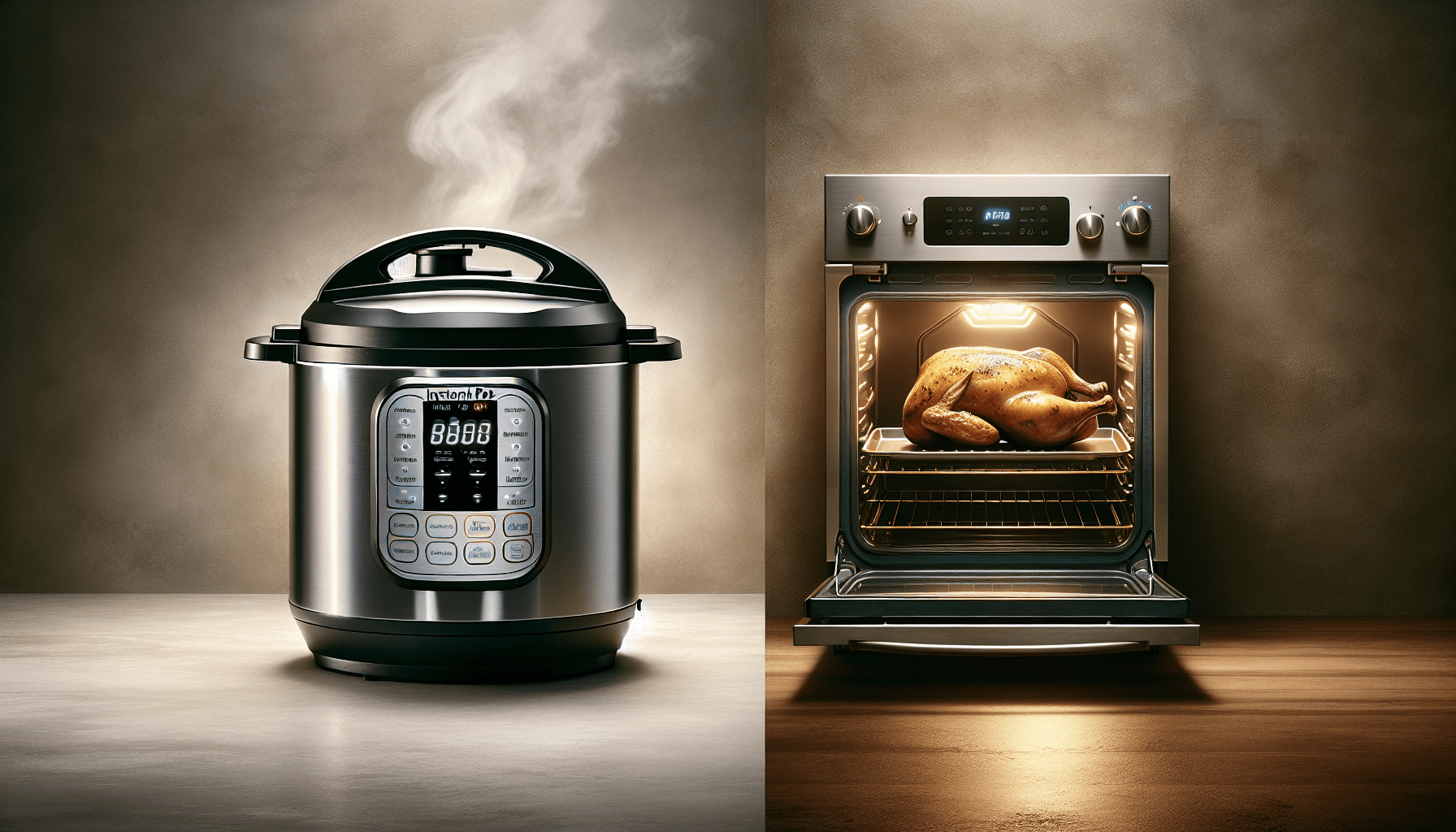
Environmental Impact
Understanding the environmental impact of our kitchen gadgets can be a deciding factor for some of us.
Instant Pot
Instant Pots are eco-friendly due to their energy efficiency. Reduced cooking times mean less energy consumption and a smaller carbon footprint.
Convection Oven
Convection ovens use more energy than the Instant Pot but are more efficient than traditional ovens. Opting for an energy-efficient model can help mitigate the environmental impact.
Portability and Space
Kitchen Space
Space is often at a premium in our kitchens. Here’s how each appliance fares in terms of footprint and portability.
Instant Pot
Compact and portable, the Instant Pot can easily be stored away when not in use. Its vertical design takes up less counter space.
Convection Oven
Convection Ovens require more space than most Instant Pots. They are bulkier, making them less portable and harder to store.
Customer Reviews and Brand Reputation
What Users Say
Word-of-mouth and customer reviews often reveal the true capabilities and flaws of an appliance.
Instant Pot
Most users praise its versatility, convenience, and speed. However, some find it complicated initially due to the variety of functions.
Convection Oven
Convection ovens are loved for their even cooking and crispy results. Common complaints often pertain to the space they occupy and their higher energy use.
Making the Final Decision
Consider Your Needs
Finally, deciding between an Instant Pot and a Convection Oven comes down to your specific needs.
- For Busy Families: The Instant Pot might be your best bet for quick, nutritious meals.
- For Baking Enthusiasts: A Convection Oven is likely to be more suitable.
- For Limited Space: The compact size of an Instant Pot can be a game-changer.
Comparison Summary
Here’s a quick summary for easy reference:
| Criteria | Instant Pot | Convection Oven |
|---|---|---|
| Cooking Speed | Fast | Moderate |
| Energy Efficiency | High | Moderate |
| Versatility | Very High | Medium |
| User Experience | Variable (Many functions) | Familiar (Traditional use) |
| Cleaning Ease | Easy (Dishwasher-safe parts) | Moderate (Sometimes manual) |
| Initial Cost | Lower | Higher |
| Long-term Cost | Lower | Higher |
| Nutritional Quality | High (Retains nutrients) | Moderate (Fat reduction) |
| Flavor and Texture | Moist and Flavorful | Crispy and Caramelized |
| Safety Features | High (Multiple built-ins) | Moderate (Basic features) |
| Environmental Impact | Low (Energy-efficient) | Moderate |
| Space Requirement | Low | High |
| Customer Satisfaction | High | High |
Conclusion
Choosing between an Instant Pot and a Convection Oven is all about what suits our cooking style and lifestyle. If quick, versatile, and energy-efficient cooking is what we seek, the Instant Pot is our ally. If we value even baking and roasting with a touch of crunch, the Convection Oven might just be the perfect fit for our kitchen. Whichever we choose, both appliances are invaluable in their own right, making our culinary adventures easier and more enjoyable.



